Keywords: Un Security Council
-
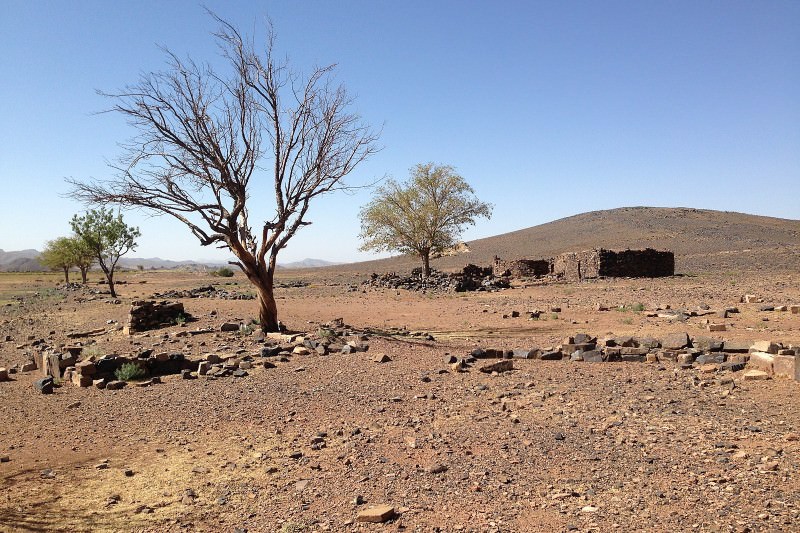
INTERNATIONAL
- Tanmay Kadam
- 22 January 2020
3 Comments
The annexation of eastern Balochistan by Pakistan after the withdrawal of the British from the Indian Subcontinent in 1948 gave rise to the Baloch independence struggle against Pakistani state. Since then, Baloch have fallen victim to forced disappearances and brutal killings by state forces and state sponsored militants.
READ MORE 
-

ARTS AND CULTURE
- Bree Alexander
- 11 December 2019
4 Comments
While we can only speculate on what it means for the future of funding beyond the current budget, alarm bells are ringing for many of us who recognise the symbolic power of rendering the arts invisible at a federal level. A strong, vibrant arts sector is essential to a thriving democracy.
READ MORE 
-
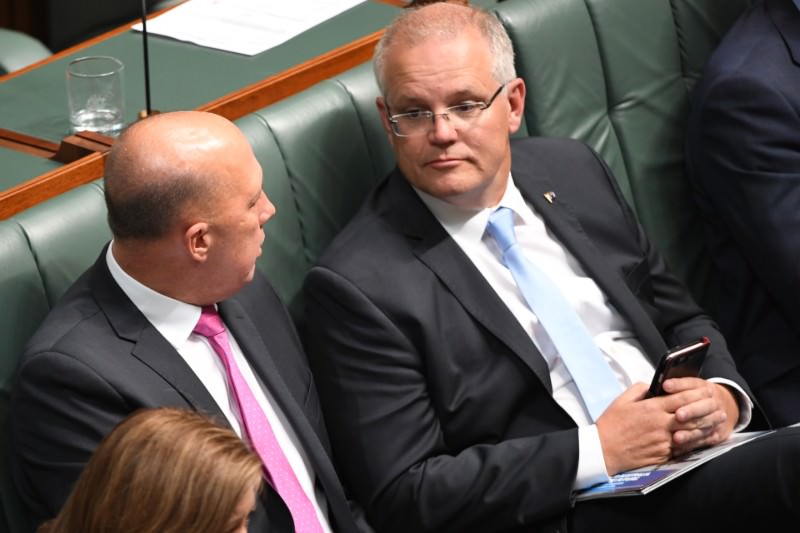
AUSTRALIA
- Kerry Murphy
- 23 October 2019
10 Comments
The Medevac law was needed because there was no sensible process to arrange for urgent medical treatment for the people we are punishing as a deterrent. The system is working according to the medical practitioners involved in it. It would be a tragedy if the Medevac laws were repealed, just to prove how tough and immovable we are.
READ MORE 
-
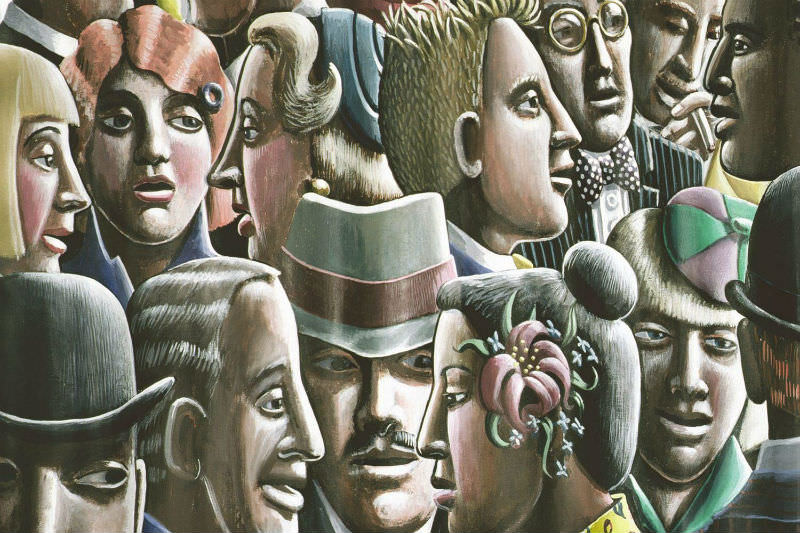
AUSTRALIA
- Daniel Sleiman
- 17 October 2019
9 Comments
Adam Smith wrote 'no society can surely be flourishing and happy, of which the far greater part of the members are poor and miserable'. Poverty and inequality lead to non-participation in work and inhibit social mobility, which negatively affects economic growth. The concentration of economic power is bad for democracy.
READ MORE 
-
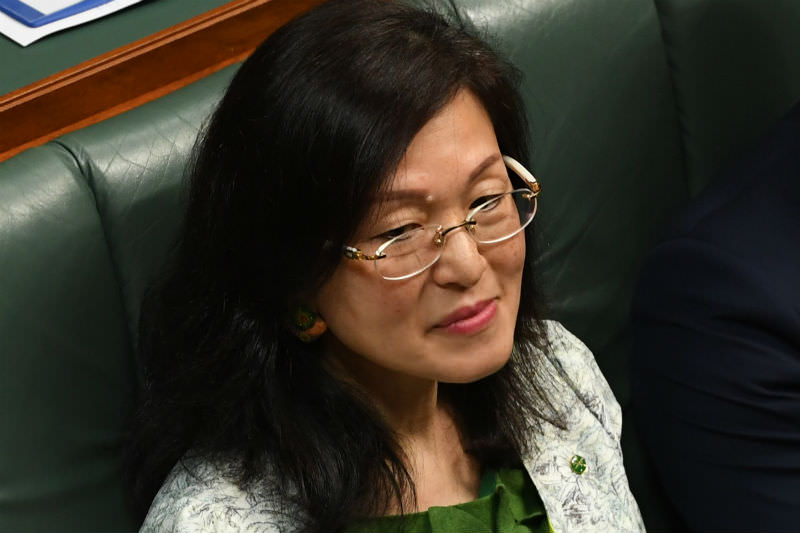
INTERNATIONAL
- Tim Robertson
- 16 October 2019
8 Comments
Chinese interference in Australian politics is an issue of genuine concern. But why is the hysteria exclusive to China? Like the outrage surrounding the awarding of the 2012 Nobel Prize for Literature to Mo Yan, accused of working within the bounds of China's censorship program, why don't we hold our own government to the same level of scrutiny?
READ MORE 
-
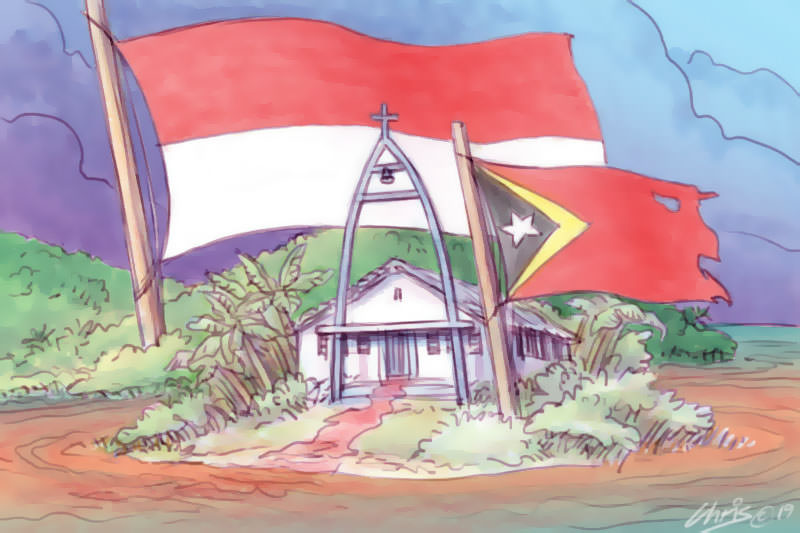
INTERNATIONAL
- Mark Raper
- 23 August 2019
4 Comments
One man rushed at Dewanto and cut him with a machete. The sister claims that the slaughter then began. Blood flowed out under the doors of the church like a river. Was this what she saw then or what she could not stop seeing in her nightmares? Or both? Over 100 died in Suai that day.
READ MORE 
-

INTERNATIONAL
- Max Atkinson
- 02 August 2019
17 Comments
Now that the UK is in the final phase of leaving the Union we should ask, before the bell tolls, how much this misadventure — or folie de grandeur — was due to politicians putting their interests above those of the nation, ignoring democratic theory and long-settled constitutional practice.
READ MORE 
-
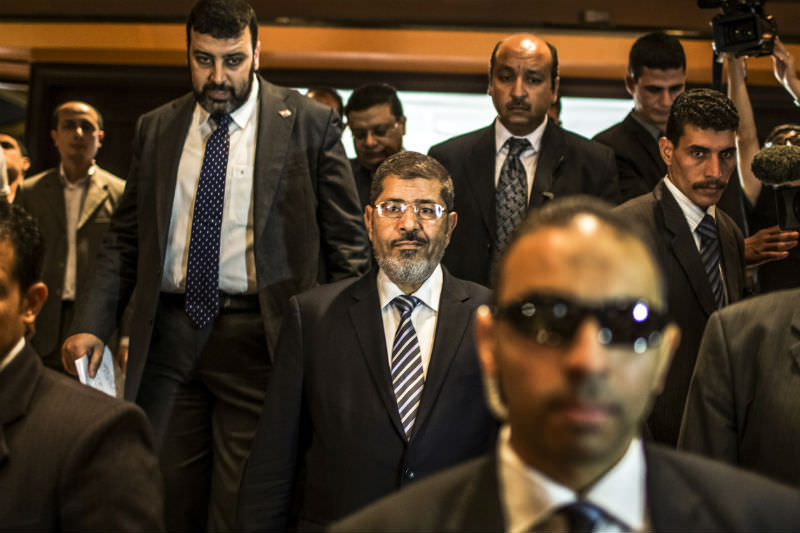
AUSTRALIA
Egypt's first and thus far only democratically elected President Mohamed Morsi died in court while being tried for espionage following a lengthy period in prison. He is described as an 'Islamist' but never as a democrat. It's as if the two are necessarily mutually exclusive. Must they be? Was he any less democratic than his predecessors?
READ MORE 
-
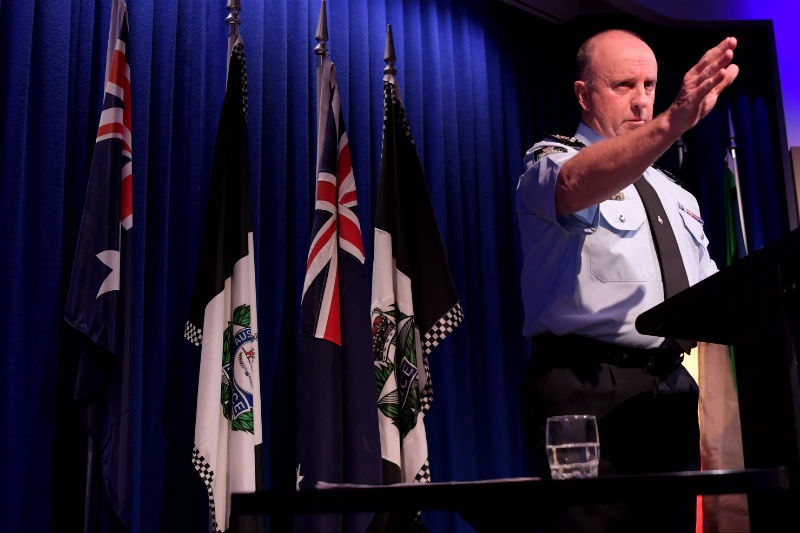
MEDIA
- Binoy Kampmark
- 07 June 2019
9 Comments
The gradual additions to Australia's national security framework, in the absence of an entrenched constitutional right protecting the press, has made the conditions ripe for such raids. As Andrew Wilkie warns, such matters begin incrementally: a law here, a raid there, then 'one day you wake up and we look like East Germany'.
READ MORE 
-
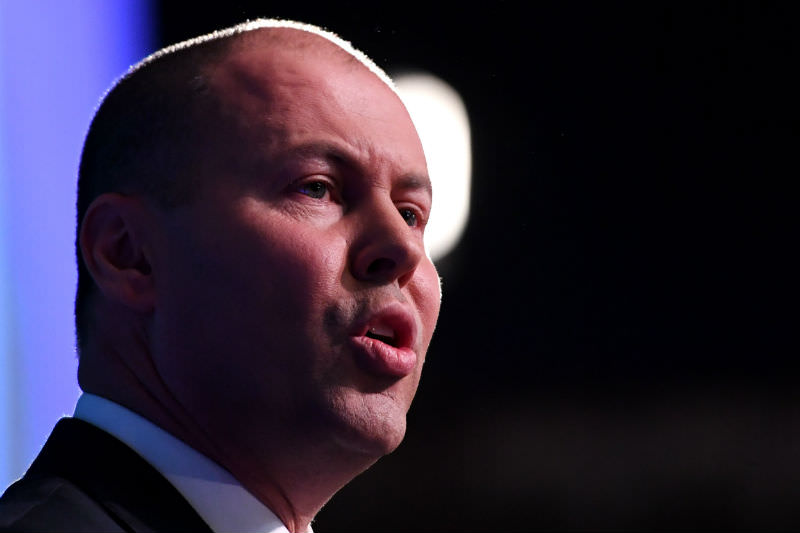
AUSTRALIA
- John Falzon
- 03 April 2019
13 Comments
The much trumpeted projected budget surplus is built on the backs of people who are left out and often made to feel that they are left over, surplus to the economy: people on low pay or no pay, young people, sole parents, people experiencing homelessness, people living with a disability.
READ MORE 
-
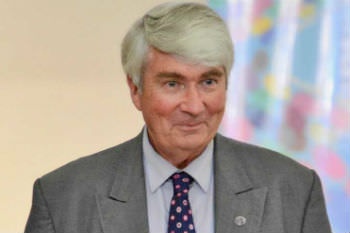
RELIGION
- Frank Brennan
- 01 March 2019
2 Comments
'John was Catholic to his bootstraps: Catholic, Irish Australian, a Labor man and a Carlton supporter. He'd have loved the inaugural speech delivered in the Victorian Parliament last month by the new Labor member for Hawthorn.' — Frank Brennan, Great Hall University House, Australian National University, 1 March 2019.
READ MORE
-

RELIGION
- Frank Brennan
- 18 February 2019
'We can do this better by breaking down the silos and binding together our concern for nature, justice for the poor, commitment to society, and interior peace.' Opening Keynote Address by Fr Frank Brennan SJ at the Catholic Social Services Australia National Conference, Port Macquarie 19 February 2019.
READ MORE